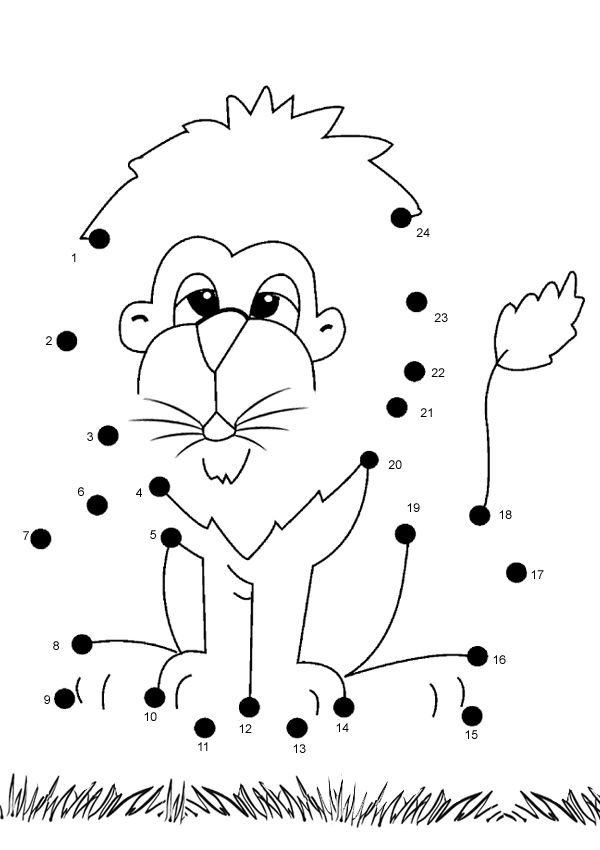How to deal with a child stealing money
Why Kids Steal -- and What to Do About It
Find out why kids steal, and discover how to put an end to a stealing.
In this article, you will find:
- Page 1
- Page 2
Page 1
Why Kids Steal -- and What to Do About It
Point 1: Kids steal. Little kids steal a lot—from poor impulse control. It's a developmental stage; they want it, they take it. Older kids often steal, too. Your child is probably not evil or destined for life in prison.
Point 2: Of course it's not acceptable. It's embarrassing, shocking, and angering.
In this section, we'll talk about petty, occasional small-scale stealing.
Kids steal for any number of reasons:
- Poor impulse control, as I mentioned above.
- To be cool and impress her friends.
- When somebody else has a one-of-a-kind something she wants or needs.
- To get back at somebody (stealing a bully's lunch money).
- When she wants or needs something, she doesn't have enough money, and you can't afford it either.
- When she's afraid to ask you for the money for this particular object (condoms, a bra), or feels too embarrassed to purchase it.
- When she may not be able to legally purchase something (beer, cigarettes).
- Because it's fun; kids enjoy taking risks, and in a society that is careful to protect kids as much as possible, stealing provides a risky, thrill-provoking activity.
- During times of stress. What else is going on in your child's life?
It's a Good Idea!
When your child is caught stealing, try to emotionally separate yourself from the action. The fact that your kid is stealing is not a reflection on your parenting skills. Take comfort in the fact that most kids who steal do it only occasionally, as a crime of opportunity. And most do it poorly (which is why they get caught).
It's a Good Idea!
If your child needs to pay off damages and she doesn't have any money, you can pay the damages and have her work off her debt. Be fair now! Consider keeping the consequence more in line with the misbehavior than the actual monetary amount of damages. The main idea is to teach her to never do it again. You might take some of it as a financial loss, with an eye for the future.
Be fair now! Consider keeping the consequence more in line with the misbehavior than the actual monetary amount of damages. The main idea is to teach her to never do it again. You might take some of it as a financial loss, with an eye for the future.
Here's what you can do if your child is caught stealing (or if you catch her yourself):
- Use disapproval. Immediately make it clear that you don't tolerate this behavior. No, it's not okay.
- Talk with your child. Try to determine why she's stealing, what the motivation is, if this is a regular thing, if she's done it before. Don't grill her. Don't berate, embarrass, scare, or ridicule your child, unless you want to end the conversation and gain no information at all.
- Talk about values and ethics. Keep this part short, not a lecture, just a reminder.
- Have the child make restitution, helping her if you need to. This means she needs to return the merchandise, or pay off damages.
- Tell your child that you are watching her behavior, that she has lost some trust, and that she needs to re-earn it.
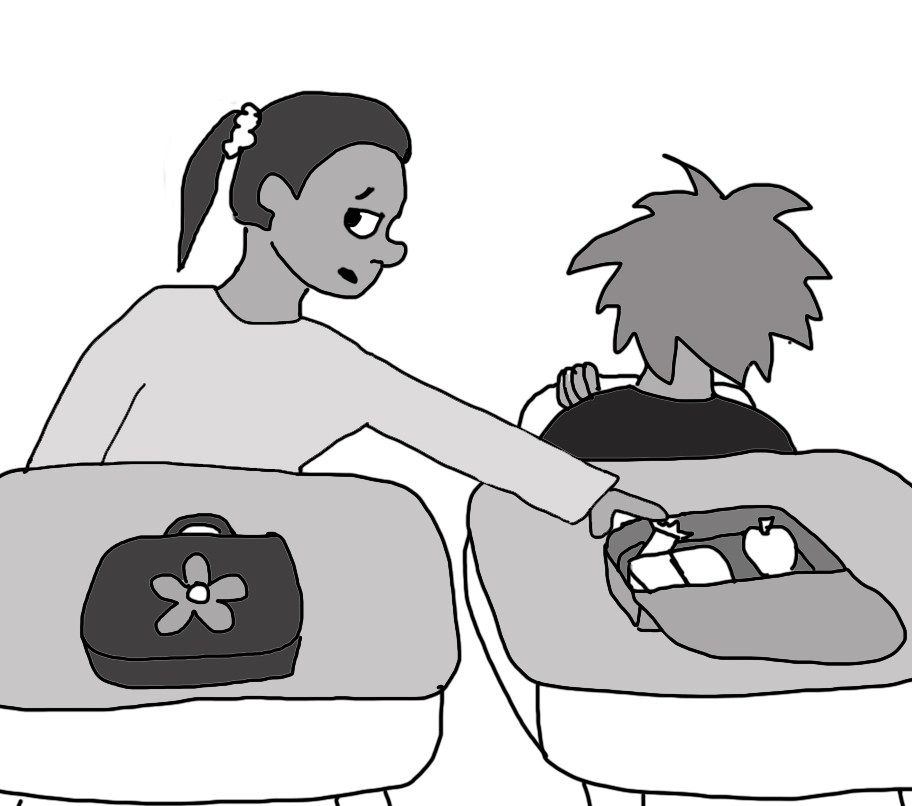
- Assess the situation. Be honest with yourself. Is there a pattern here? If your kid is stealing frequently, or the stealing is combined with other misbehaviors, seek professional help.
Next: Page 2
Kids Stealing from Parents: What to Do
Has your child been caught stealing from you or someone else? Have you found them using your credit card for online gaming, taking money from your wallet without asking, or even taking big-ticket items from your house?
The anger, disappointment, and lack of trust you feel can be destructive to your relationship. Empowering Parents coach Carole Banks has some advice.
Stealing is not about you and your parenting—it’s about your child and the inappropriate ways they’re choosing to solve their problems at the moment.
If your child has been caught stealing, you might have wondered, “Why would my child do this after everything we’ve taught them?” Many parents question their own abilities and wonder where they’ve gone wrong with their child when theft is involved.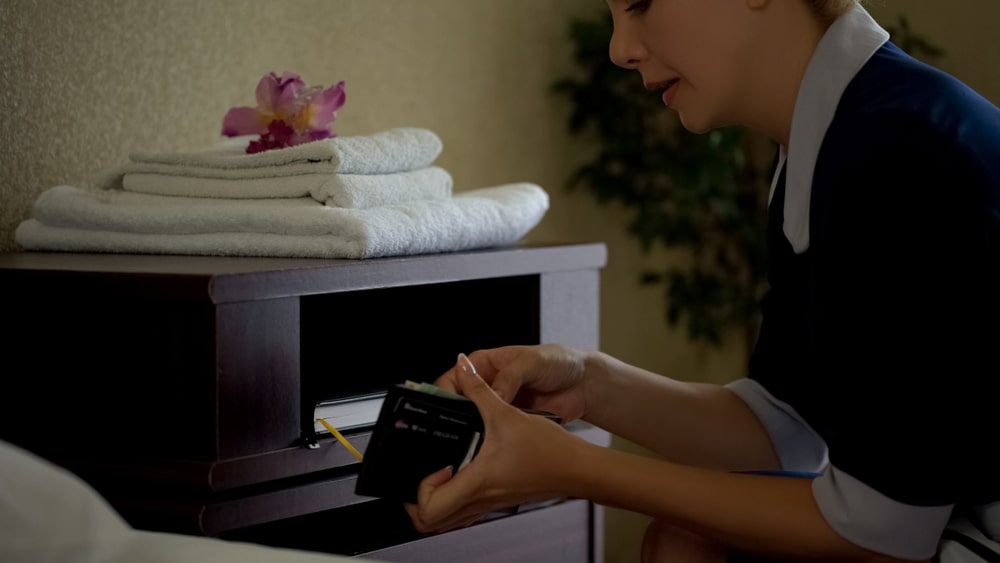
And while it’s disappointing and frustrating for parents when their child steals, I firmly believe that in most cases, it’s a behavior that can be changed.
Younger Kids: Take it Easy
There is a big difference between children under the age of 6 taking something compared to older kids who steal. Really young kids don’t have a sense of right and wrong about this issue yet. Their brains haven’t developed enough to think outside of themselves and about others.
If your younger child has been taking things, focus on teaching them the skills of sharing. Teach them to ask for what they would like to have. And teach them to take turns.
When your child gets to be a little older, you need to coach them to say, “I’m sorry, I shouldn’t have taken that without asking.” But you don’t want to make them feel like they’re a bad person. And don’t label it as stealing. Instead, make it clear that taking something without asking is wrong.
Older Kids: Make Sure Crime Doesn’t Pay
If your child is nine or older and they’re taking things from you or others, you should treat the problem more seriously.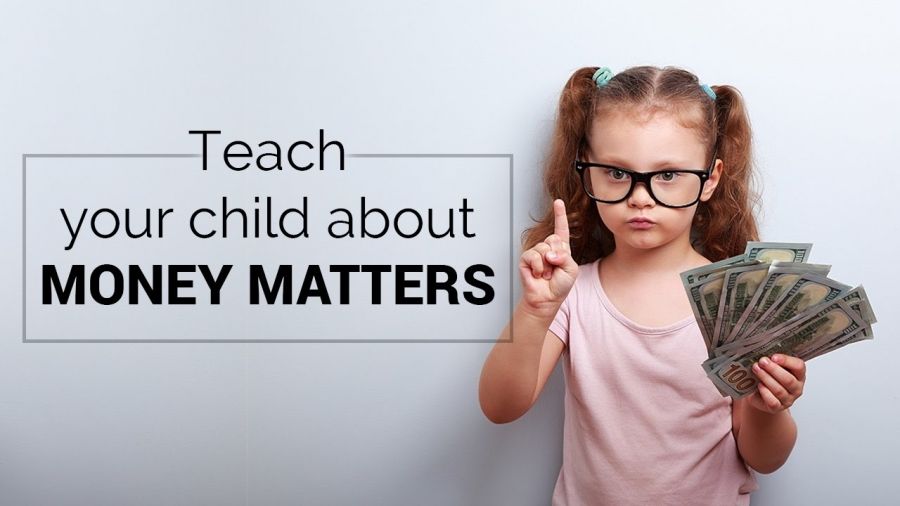 As James Lehman says, “Understand that your child is using faulty thinking as a way to solve their problem.”
As James Lehman says, “Understand that your child is using faulty thinking as a way to solve their problem.”
The “problem” might be that your ten–year–old wants a new video game but doesn’t have any money. They “solve” it by taking money from your wallet without asking. They’re probably thinking, “I need this money. Mom’s not even going to notice.”
When you catch your child using this faulty thinking, you can say:
“Just because you want something doesn’t mean it’s okay to take it without asking.”
And then ask:
“What should you do next time?”
It’s important that you don’t allow your child to keep what they took. They should never benefit in any way from taking something from someone else. You don’t ever want stealing to pay off.
Make Amends
Many parents will call parent coaching when their kids have taken something from a store. They’re worried their child will be prosecuted if they take the shoplifted item back. They decide to give the child a consequence, such as no T.V., but they allow the child to keep the stolen item.
They decide to give the child a consequence, such as no T.V., but they allow the child to keep the stolen item.
It’s best to require your child to take the item back to the store. I understand this can be a complicated decision, depending on the age of your child and where you live. This has to be a choice you make after weighing all possible outcomes.
If you decide against having your child take it back, make sure they don’t get off scot-free. Give them consequences at home—and do not let them keep the item. You ultimately want your child to learn that when you harm someone, even if it’s the owner of a store, you should make amends directly to that person. That is why the best lesson is for your child to take the item back.
Related content: Why is My Child Stealing and What Can I Do? Advice for Parents on Kids, Stealing and Shoplifting
When Your Child Uses Your Credit Card
I’ve talked with many parents whose kids have used their credit card to buy something online. Often, they’ve used it for gaming. Even if the money is gone and cannot be retrieved, don’t let your child off the hook. They can make amends by doing something extra around the house to work it off. For example, they can clean out the basement, the garage, or do yard work.
Often, they’ve used it for gaming. Even if the money is gone and cannot be retrieved, don’t let your child off the hook. They can make amends by doing something extra around the house to work it off. For example, they can clean out the basement, the garage, or do yard work.
The bottom line is that you want to try to teach your child to make amends to the person they’ve wronged. In this case, that person is you. I also recommend that you log on to your credit card account frequently—daily if necessary—to monitor your card’s activity.
When Your Child Takes Big-Ticket Items: Are Drugs Involved?
If your child is taking large amounts of money or big-ticket items from your home, I think you need to question why. If you think drugs might be involved, there are probably other signs that are telling you that your child has a problem, like changes in mood or personality. You should definitely look into the possibility that they’re taking drugs and rule it out.
If you know your child has a problem, but you haven’t been able to get them off drugs or into treatment, then consider reporting their thefts to the police to get them into the juvenile justice system. Many states have drug courts, where kids do not have to serve sentences in a juvenile detention center as long as they’re in treatment and clean. If you suspect drugs, reporting repetitive theft to the police can be a good course of action.
Many states have drug courts, where kids do not have to serve sentences in a juvenile detention center as long as they’re in treatment and clean. If you suspect drugs, reporting repetitive theft to the police can be a good course of action.
Here’s the truth: a child who is never made to be accountable will never learn from their mistakes. In your own home, have your kids make amends as directly to you or the injured party. This drives home the meaning of what they’ve actually done. It lets them know that their actions have caused harm to someone.
When Stealing Continues
If your child can’t stop stealing, you need to help level the playing field for them by finding out what’s causing this to happen over and over. You also might want to secure items in your home and keep your wallet in a safe place at all times until your child can learn how to solve their problems more appropriately.
I want to stress that even if you’re worried about your child’s character, don’t let them think that you feel they’re a bad, horrible person. Rather, you need to convey the opposite. They need to make amends and do the right thing because that is what good people do. You want to say things like:
Rather, you need to convey the opposite. They need to make amends and do the right thing because that is what good people do. You want to say things like:
“I know it’s hard, but I believe you can do it.”
When you change your opinion of your child as a person and start thinking that they’re “bad” or that there’s something wrong with their character, there is great potential to harm the relationship. Your child will sense that you have a poor opinion of them and could start to lose hope in their ability to ever change.
If your child continues to take things from you, you will need to firmly address their faulty thinking. There may be an emotional need or impulsivity that drives their behavior.
There are also many people who call the Support Line with adopted kids who steal from their families. Not all adopted kids steal, of course, but sometimes kids with traumatic backgrounds may have trouble trusting other people to meet their needs, so they take food and other items and hoard them.
When Your Child Denies the Theft
I often tell parents that if you know for sure that your child has stolen something, act with that knowledge. Just say:
“I think that you used my credit card because you wanted to download some songs from iTunes. And I’m going to ask you to make amends for that.”
If you don’t know for certain and your child denies the theft, then I don’t think you can give them a consequence. You don’t want to accuse your child of something that they haven’t done because it can end up really backfiring on you. They may act out just because you believe they’re capable of it. Basically, unless you catch your child red-handed, I wouldn’t punish them.
I understand that parents feel hurt and betrayed after their child has stolen something. But try not to take the fact that they stole personally. Stealing is not about you and your parenting. Rather, it’s about your child and the inappropriate ways they’re choosing to solve their problems at the moment.
10 steps to success - Pokhvistnevsky RC
The problem of "difficult" students is one of the central psychological and pedagogical problems, which has now become rampant. Teenagers and youth today need the help of educators and mentors, whose work requires new professional approaches. Correcting the behavior of a modern "difficult" child is possible if the teacher himself is well versed not only in the essence of the ongoing social processes, but also in the psychology of today's youth.
Step 1 - we define the goal.
One, maximum two types of child behavior that really poison our lives. So, our task is to make behavior that is unacceptable to us acceptable. Not ideal and comfortable - just tolerable. Imagine the result. What exactly should a child do (or not do) so that "life becomes easier and more fun." What will you win? What will the child win?
Step 2 - maybe not?
Folk wisdom says, before doing something, think 3 times, maybe not worth it? And this is very correct.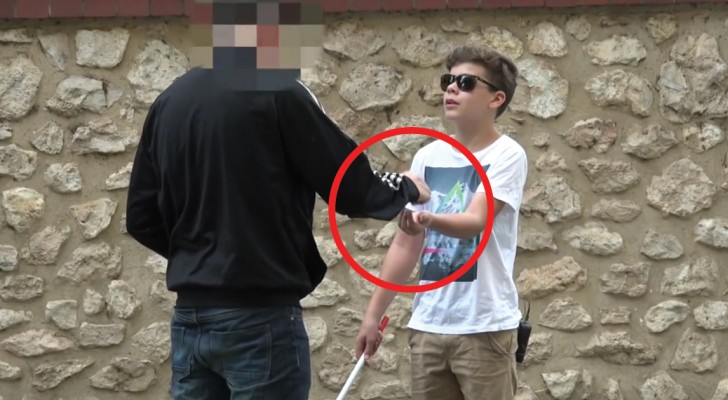 An example with early development (a child is taught to read at the age of 4, and this skill is completely useless to him, he does not need at this age to receive information from the text). Often the child is required to behave in a way that he is not ready and cannot.
An example with early development (a child is taught to read at the age of 4, and this skill is completely useless to him, he does not need at this age to receive information from the text). Often the child is required to behave in a way that he is not ready and cannot.
Give an example of a situation where a child cannot behave differently and behaves “difficultly” for us ( not feeling well, experiencing stress, adolescence, loss, temperament ). This behavior can be slightly adjusted so that it creates fewer problems, but it cannot be completely eliminated.
Wisdom of King Solomon "This too shall pass."
Step 3 - the third extra.
Who is the third person, you ask. First of all - society, environment. It is so arranged that the upbringing of children is the business of the school. Everyone is watching your progress. And everyone takes censure measures: the administration, parents, colleagues, law enforcement agencies (KDN, ODN).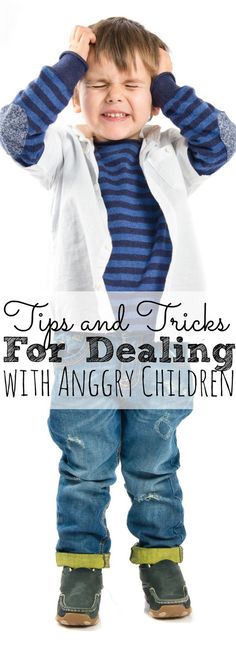 You are constantly under the hood, feeling constrained and sometimes insecure. The lion's share of teacher stress due to difficult child behavior is stress caused by the "third" observer and assessor. Perhaps the teacher himself would have reacted much more calmly, waited for something, didn’t notice something, adapted to something. But the "third" usually does not intend to wait or endure.
You are constantly under the hood, feeling constrained and sometimes insecure. The lion's share of teacher stress due to difficult child behavior is stress caused by the "third" observer and assessor. Perhaps the teacher himself would have reacted much more calmly, waited for something, didn’t notice something, adapted to something. But the "third" usually does not intend to wait or endure.
This is a very serious problem. It is unlikely that it will be possible to solve it, but you must at least realize the true reasons for your condition, your acute reactions to the difficult behavior of the child. And where possible, mitigate the stress from the presence of the “third”.
How can this be done? ( It often helps to involve the “third” in solving the problem, sometimes the “third” needs to be put in place, politely but firmly, you can make the look of the “third” more benevolent, realize what role the “third” plays in the problem you are facing, do not whether you attach too much importance to the opinions of others, whether you wind yourself up. 0010 )
0010 )
Step 4 - what exactly is happening? We collect data.
Changing difficult behavior is a task you have to tackle. What is the first thing we do to solve any problem? ( We study the initial data, conditions, collect information, etc. )
Step 5 - we are looking for a spring.
People are lazy by nature. Both adults and children. We don't tend to do things we don't want to do. Moreover, we will not do anything laborious, energy-consuming, and even threatening us with trouble, if we are of no use from this. For example, the same hysteria or theft. Very energy-intensive activities! So the first question you should ask yourself is WHY SHOULD A CHILD DO THIS? Let's take this as an example of theft. What is the purpose of a child stealing other people's things?
1. The child may not have a representation of ownership. In this case, the child's need is to sort out property issues.
2. Theft can be just a habit, perhaps the child was taught this, then praised.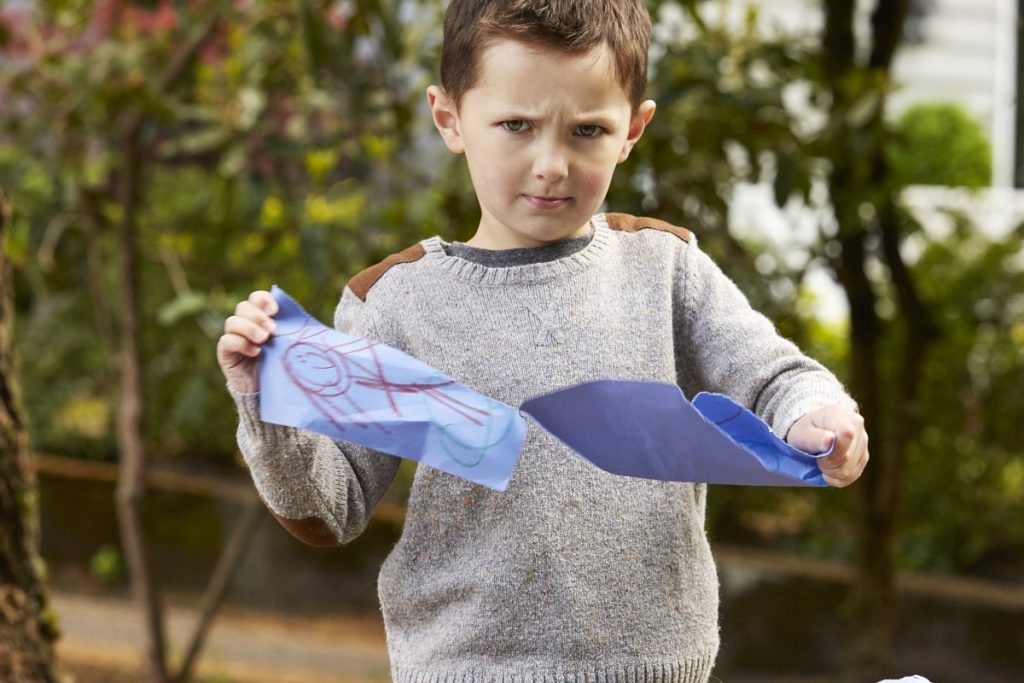 In this case, the child's need is the approval of the partner.
In this case, the child's need is the approval of the partner.
3. Children often steal, whose parents are sure that they know better what they really need, limit everything and refuse to buy fashionable clothes, hobbies, etc. for no reason. In this case, the child's need is to be in order, not to experience peer rejection.
4. Often the goal of a child stealing money is to bribe classmates who are willing to associate with him if he has money. In this case, the child's need is to be accepted by peers.
5. It happens that children steal to attract the attention of their parents. In this case, the need is to be loved and accepted.
6. Sometimes children try to influence the situation in the family by their behavior, for example, divorce of parents. In this case, the child's need is closeness between adult family members, a sense of security in a strong family.
7. A child can steal from hopelessness - money is extorted from him. In this case, the need is to be safe, to protect yourself.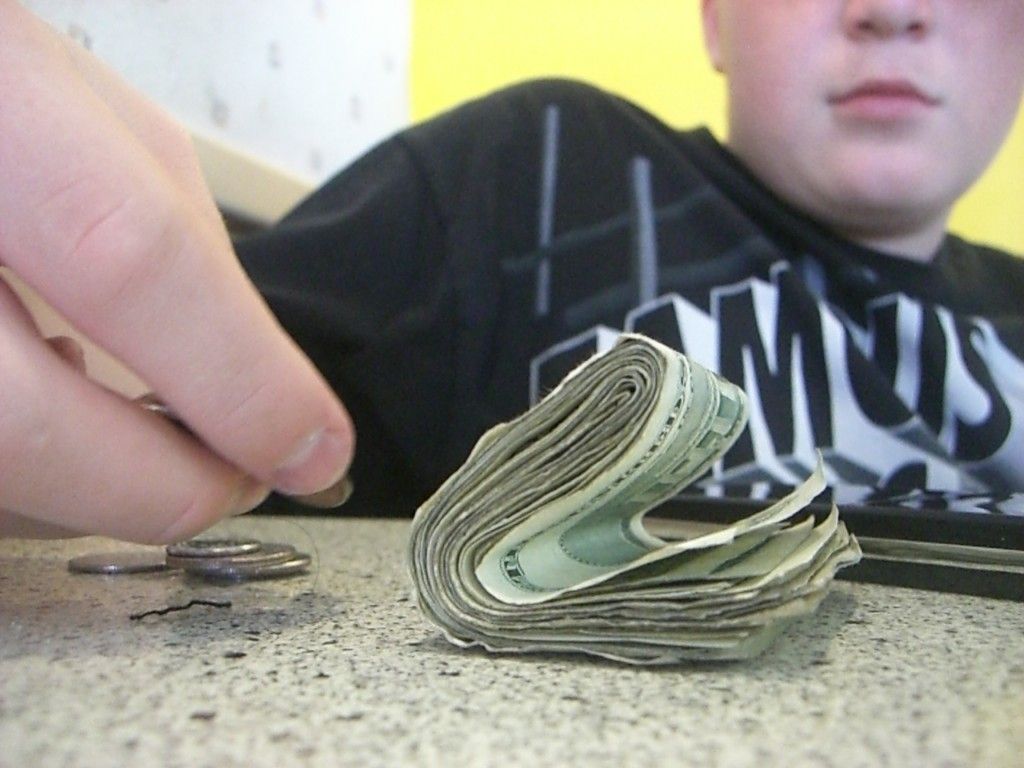
American educator Rudolf Dreykus identified a total of 4 springs:
- need to attract attention,
- desire to avoid failure,
- finding out "who's in charge here",
- revenge,
Even if you couldn't identify the spring right away, it's okay. In any case, there are a finite number of possible springs, and on the second or third try you will find them.
Step 6 - explain what is wrong.
The effectiveness of "I-statements" is that they cannot be disputed. If a person says: "I'm worried, I'm uncomfortable, I want, I need," it's impossible to argue with that. And when he says: “You are rude, you are truant, you are noisy, you have no conscience,” a protest immediately arises. By using "I-statements", we demonstrate to the child that we do not intend to climb into his territory, "teach him how to live."
Step 7 - let the consequences come.
The big world is built not on the principle of punishments and rewards, but on the principle of natural consequences.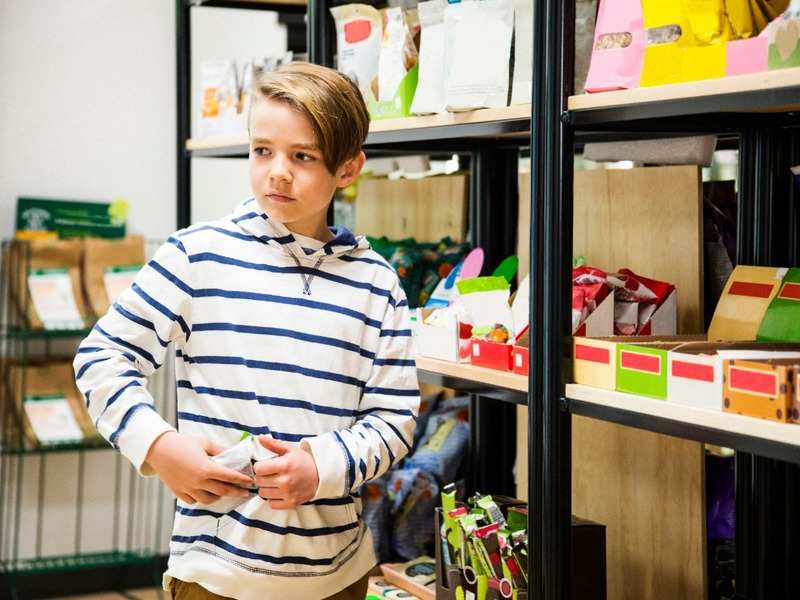 What goes around comes around. They didn’t clean the class - study among the papers and try to write on a dirty board. Skipped classes - the long-awaited class holiday is postponed indefinitely ...
What goes around comes around. They didn’t clean the class - study among the papers and try to write on a dirty board. Skipped classes - the long-awaited class holiday is postponed indefinitely ...
Step 8 - we help you achieve your goal in a different way.
If you demand attention from children to listen to you, but when the child contacts you, you continue to fill out the journal, nothing will come of it. Sit down, find his gaze and only then carry on a conversation. Be creative, help your child find new ways to solve a problem.
Step 9 – support, praise, consolidate achievements.
It is very important to keep the child optimistic and believe that everything will definitely work out, to notice and reinforce any success. Praise your child specifically, describing as accurately as possible exactly what you liked. Teach your child to see and recognize their own achievements.
Step 10 – take care of yourself too.
Every teacher knows that there is such an unpleasant phenomenon as emotional burnout or nervous exhaustion. It occurs when a person is subjected to too large and prolonged loads. It is caused by the burden of responsibility, the need to constantly delve into, help, seek a common language, endlessly draw out spiritual forces from oneself and give them away, sometimes without receiving anything in return. It is not surprising that there comes a feeling that there are no more resources, strength is running out, there is nothing else inside, emptiness, fatigue, burnout. If you notice signs of burnout, take immediate action. Think about what activities restore you? Everything that helps you to rest or relax should be present in your life regularly.
Prepared from materials. /http //metobraz. ru/;
Literature
1. Aidakova L. Psychology lessons at school. M.1993.;
2. Stepanov V.G. Psychology of difficult schoolchildren. M., 2001.;
Teacher - psychologist Usmanova L. N.
N.
GBU TsPK Pokhvistnevsky RC
How to behave with children? Psychologist's advice
When disturbing, frightening events occur or a situation of uncertainty arises, parents are often worried about questions: how to behave with a child correctly, how to tell him about what is happening and whether to tell him at all what should alert the child's behavior, and what, on the contrary, is normal.
In child psychology, it is customary to distinguish several age periods. Consider the features of interaction with children of preschool (3-7 years old) and primary school (7-11 years old) ages.
A few recommendations:
The greatest influence on the child is not even the situation itself, but the reaction to it of close adults who surround him. For a preschooler, such adults will be parents and those adult family members with whom communication takes place every day; For the younger student, the teacher also plays a significant role:
- Children are very sensitive to the emotional state of close, significant adults.
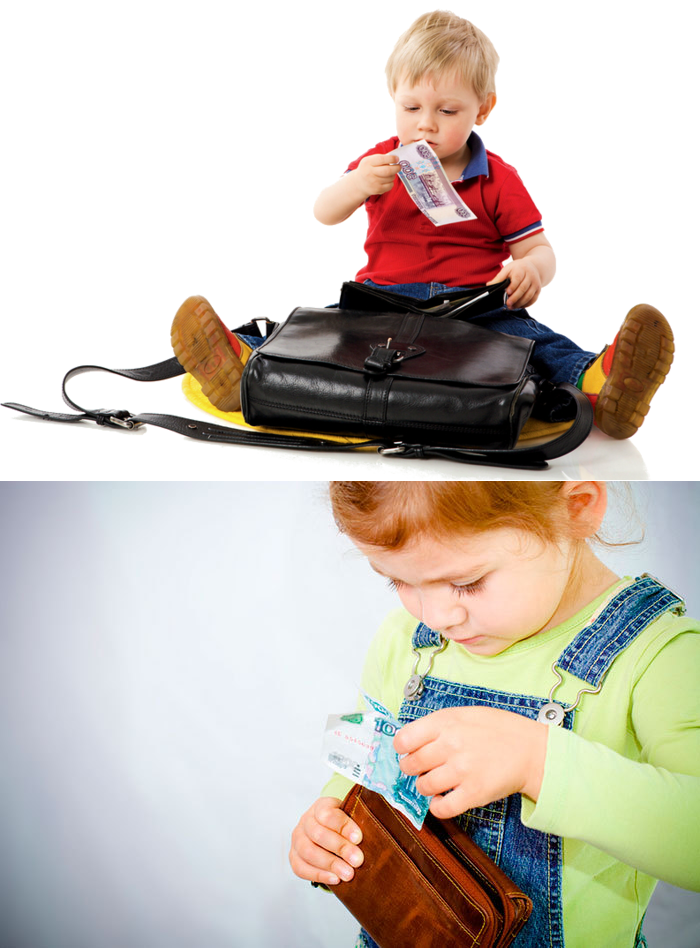 When an adult is upset, anxious, scared, the child also experiences these emotions. If the child does not know the reason, then helplessness is added to fear and anxiety. Therefore, when you see a child's need to talk, do not ignore it.
When an adult is upset, anxious, scared, the child also experiences these emotions. If the child does not know the reason, then helplessness is added to fear and anxiety. Therefore, when you see a child's need to talk, do not ignore it.
Example: You are upset and need some time to recover. The child feels this and insistently asks the question “What happened?”
Wrong answer: "Nothing happened, go play (draw, do your homework)"
The correct answer is: “I’m a little upset (alarmed, sad) right now, because ..., let’s draw a robot now (do your math homework), and then we’ll go for a walk (we’ll have dinner).”
- When talking to your child, use simple, child-friendly phrases and expressions.
- Ask about the child's point of view. This will help to understand what worries, scares or worries him, and you can provide the necessary psychological support.
- Try to ensure that the positions of adults do not contradict each other.
 Putting a child in a situation of choice, you place an unbearable burden on him.
Putting a child in a situation of choice, you place an unbearable burden on him. - Children very quickly adapt to the situation, BUT! Only on condition that the behavior of adults gives them such an opportunity.
Pay attention to information hygiene:
- Pay attention to what you watch or talk about with your family, friends, acquaintances. Try not to see or hear what is not intended for him: emotional disputes with colorful examples, news releases with frightening details. Sometimes there is a feeling that the child does not pay attention to what is happening - this is an illusion! Based on the information obtained in this way, children often draw their own conclusions about what is happening, which are often the cause of children's fears.
- At primary school age, the information field of the child expands, it includes school friends, classmates, many at this age master communication on the Internet. Show interest in this area, ask about his friends and hobbies.
 A trusting relationship will help you spot trouble or danger.
A trusting relationship will help you spot trouble or danger. - Talk to children about topics that concern them, do not limit yourself to the phrases “everything will be fine”, “this is an adult topic, you won’t understand”, etc. If adults do not give an answer to a question of interest to the child, he will find the answer in another source, which may be unreliable and even dangerous.
Pay attention to the behavior and mode of life of the child:
- Adults experience difficult moments, realizing, thinking over and discussing what is happening. Children have other ways. It is easier for a preschooler to cope with what is happening by playing or drawing it. Therefore, stories that frighten a child can be found in a game or drawings. For younger students, it is important to study, master new knowledge, so often children of this age try to learn more about what excites, frightens or disturbs. Do not prohibit children from these activities and do not blame them.
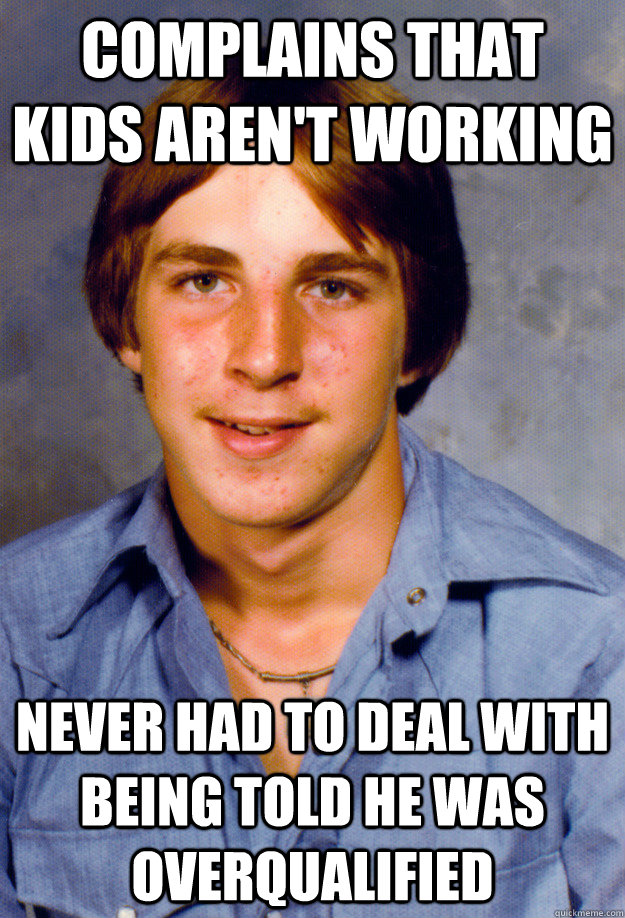 The best strategy is discussion and cooperation. And if the behavior of the child is alarming, consult a child psychologist for advice.
The best strategy is discussion and cooperation. And if the behavior of the child is alarming, consult a child psychologist for advice. - Organize your child's life by keeping the usual routine of the day as much as possible. The usual course of life, everyday affairs, the presence of a plan for the next day, week, month allow you to overcome the feeling of helplessness and anxiety, allow you to feel confident.
Do not neglect sports, communication, hobbies yourself and do not deprive this child. If something from the previous possibilities turned out to be unavailable, try to find a replacement. These activities allow you to replenish the resources and energy spent on experiences.
Seek professional help if necessary. You may need to consult a child psychologist if:
- The child's behavior has changed dramatically, these changes are persistent - they last several weeks or longer.



